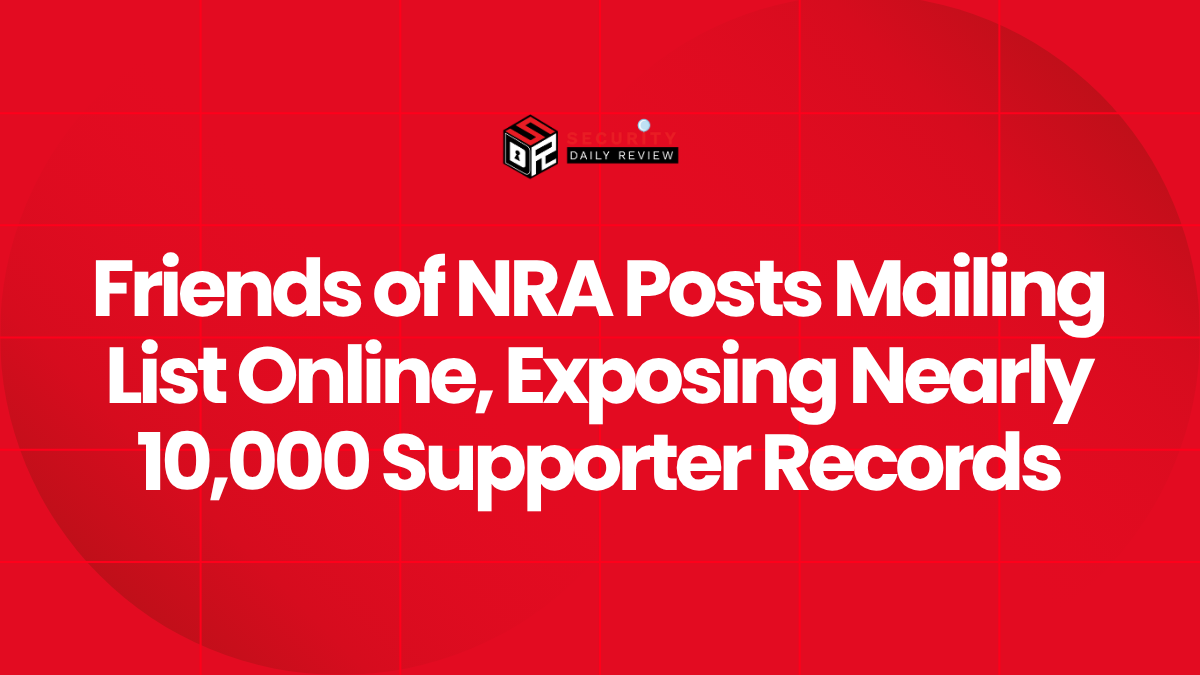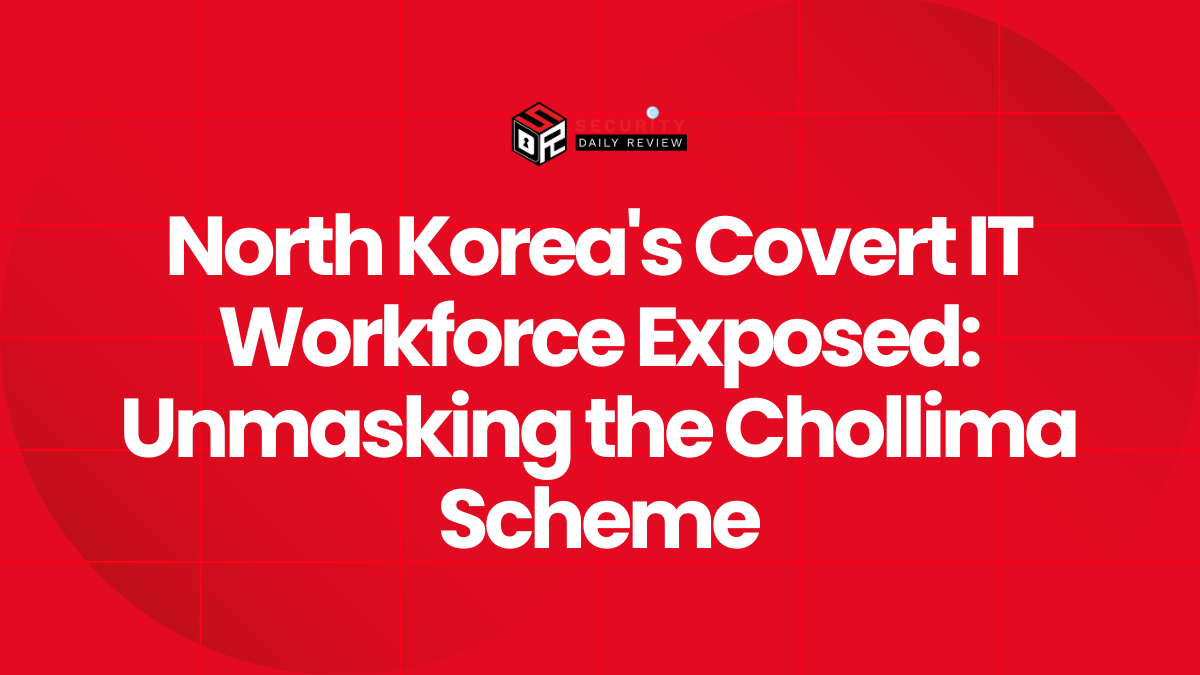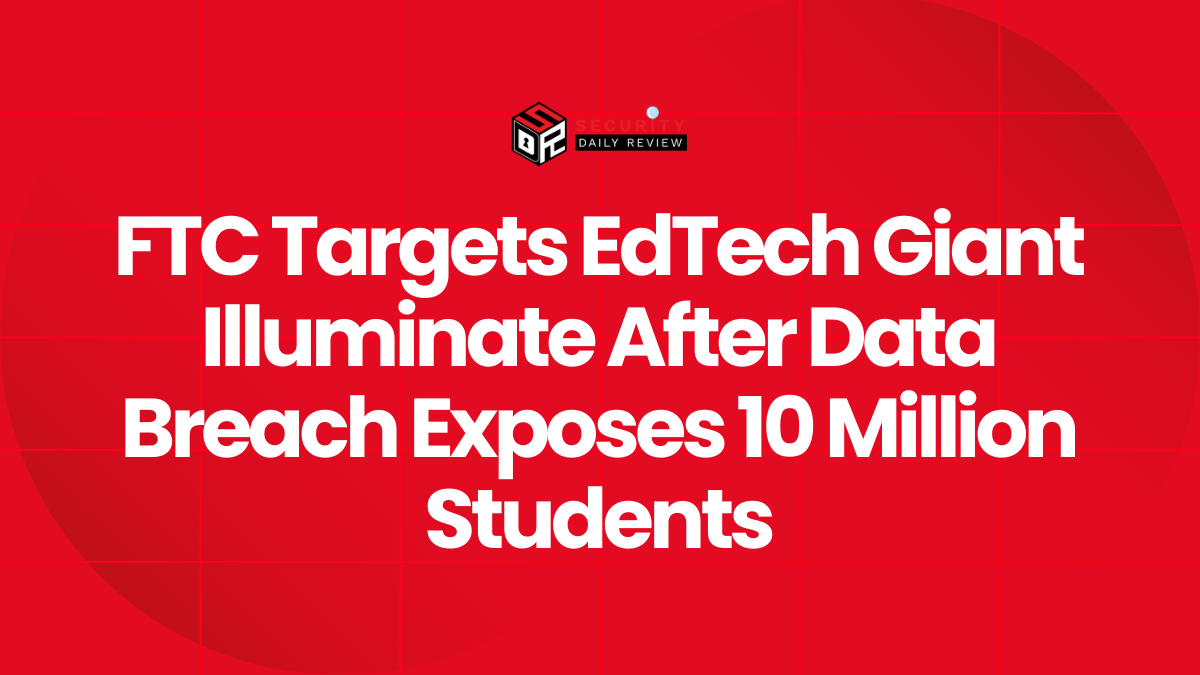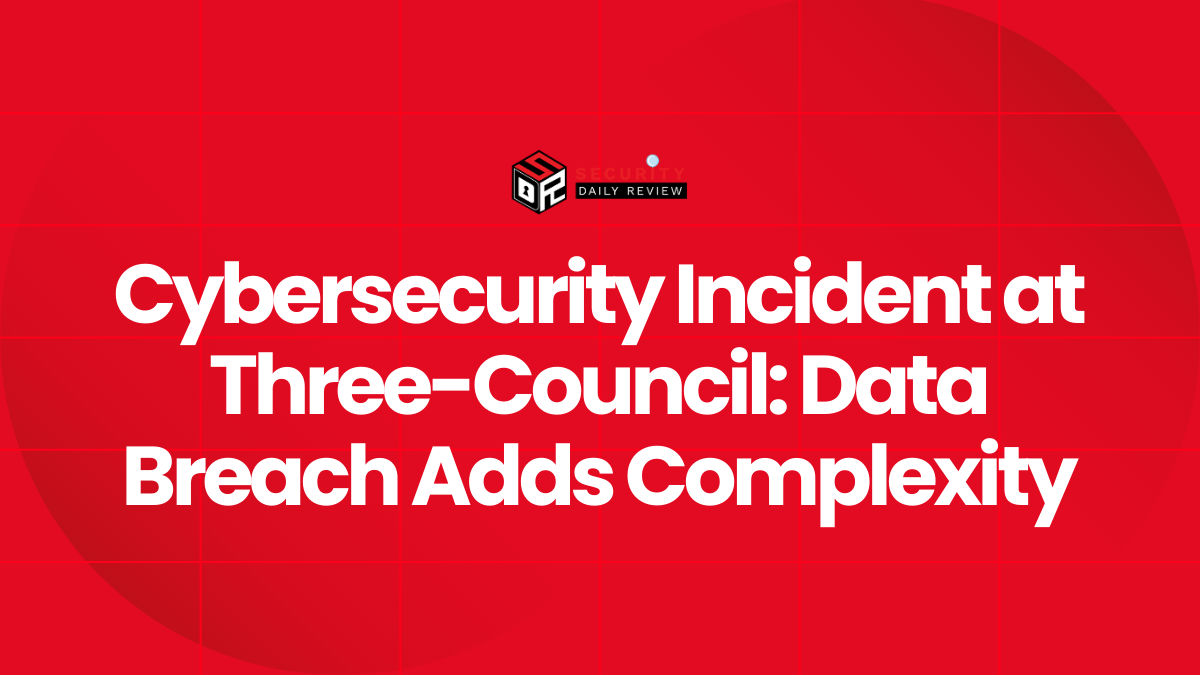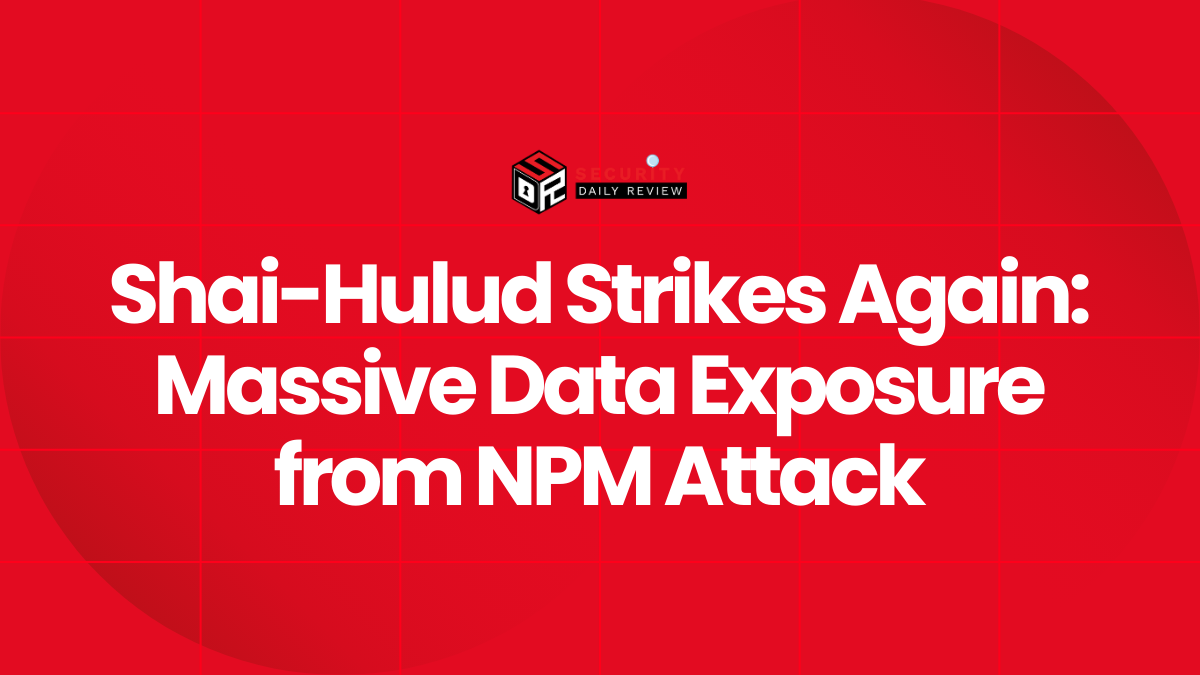A 1.1MB mailing list containing the names and home addresses of almost 10,000 Colorado supporters of Friends of NRA was found publicly accessible after being indexed by search engines. The dataset appears to date from 2018 and was discovered when a member of the public searching for a contact observed the file on the organization’s website. Researchers examined the claim and confirmed the file’s presence and content. The organization has not yet publicly responded to inquiries.
Preliminary analysis points to accidental publication caused by a common configuration error: a file or directory intended for internal use was left accessible to the web and crawled by search engines. Unlike a targeted intrusion, this type of exposure is generally rooted in human error or process gaps in content management and access control, rather than sophisticated hacking. Because the data is several years old, its accuracy may be diminished, but the exposure nevertheless creates ongoing privacy and safety risks for affected individuals.
Technical Breakdown: What Data Was Exposed in the NRA Supporter Leak
The exposed file contained personally identifiable information limited to names and home addresses collected through raffle entries and service sign-ups on the friendsofnra.org site. There is no indication the leak included passwords, financial data, or account credentials; the dataset is therefore best categorised as a personally identifiable information exposure rather than a compromised authentication store.
Attack vector: the likely vector was a misconfigured web storage location or an unsecured upload directory that allowed public indexing. Automated search crawlers then catalogued the file, making it discoverable to anyone using common search engines. These configuration missteps are consistent with a broader pattern of supply-chain and web-hosting oversights that have produced high-impact exposures—examples include public S3 buckets with customer databases and misconfigured CMS attachments that leaked subscriber lists. Historical context also includes politically sensitive incidents where affiliated organisations were targeted or claimed by nation-state connected actors, underscoring how both accidental and adversarial exposures create comparable downstream risks.
Risk implications: exposed names and addresses can facilitate stalking, targeted harassment, doxxing, and highly convincing social-engineering campaigns such as spear-phishing or vishing. Even if the data is outdated, attackers and opportunistic fraudsters routinely combine stale records with other leaks to enrich identity profiles. For groups associated with controversial causes, the reputational and personal-security stakes are elevated; supporters may be targeted for harassment or threats as a result.
“Even seemingly low-sensitivity datasets like mailing lists become high-value when indexed and weaponised—privacy erosion and harassment follow fast if such files are not contained.”
Privacy and Compliance Gaps Exposed by the Friends of NRA Leak
The Friends of NRA exposure highlights gaps not only in data handling but also in compliance awareness. While the organization is a nonprofit, it still collects and stores personal information from supporters. Depending on the residency of affected individuals, multiple frameworks may apply:
- State privacy laws: Colorado Privacy Act (CPA) imposes obligations around the collection, processing, and safeguarding of personal data, even for nonprofits engaged in large-scale processing.
- Federal considerations: Although the United States lacks a federal privacy law equivalent to the GDPR, regulators like the Federal Trade Commission (FTC) have penalized organizations for “unfair and deceptive practices” tied to mishandling user data.
- Global reach: If international supporters’ details were ever present in similar datasets, foreign frameworks like the EU’s GDPR or the UK Data Protection Act could be triggered.
- Reputational liability: Beyond legal exposure, organizations in politically charged sectors face amplified scrutiny and the risk of losing donor trust if they cannot demonstrate rigorous data stewardship.
Failure to comply or remediate transparently can invite regulatory review, class action risk, and reputational fallout. This underscores why nonprofits should adopt compliance-grade controls, even if not strictly mandated, to align with best practices for personal data protection.
Friends of NRA Incident: How Simple Misconfigurations Led to Big Risks
The Friends of NRA incident is a textbook example of how mundane misconfigurations can produce outsized privacy and safety impacts. While the dataset does not include financial or authentication information, the publication of names and addresses still materially increases the risk of harassment and social-engineering for supporters. Preventing these incidents requires disciplined operational controls, routine discovery scanning, and transparent notification practices to limit harm when exposures occur.

